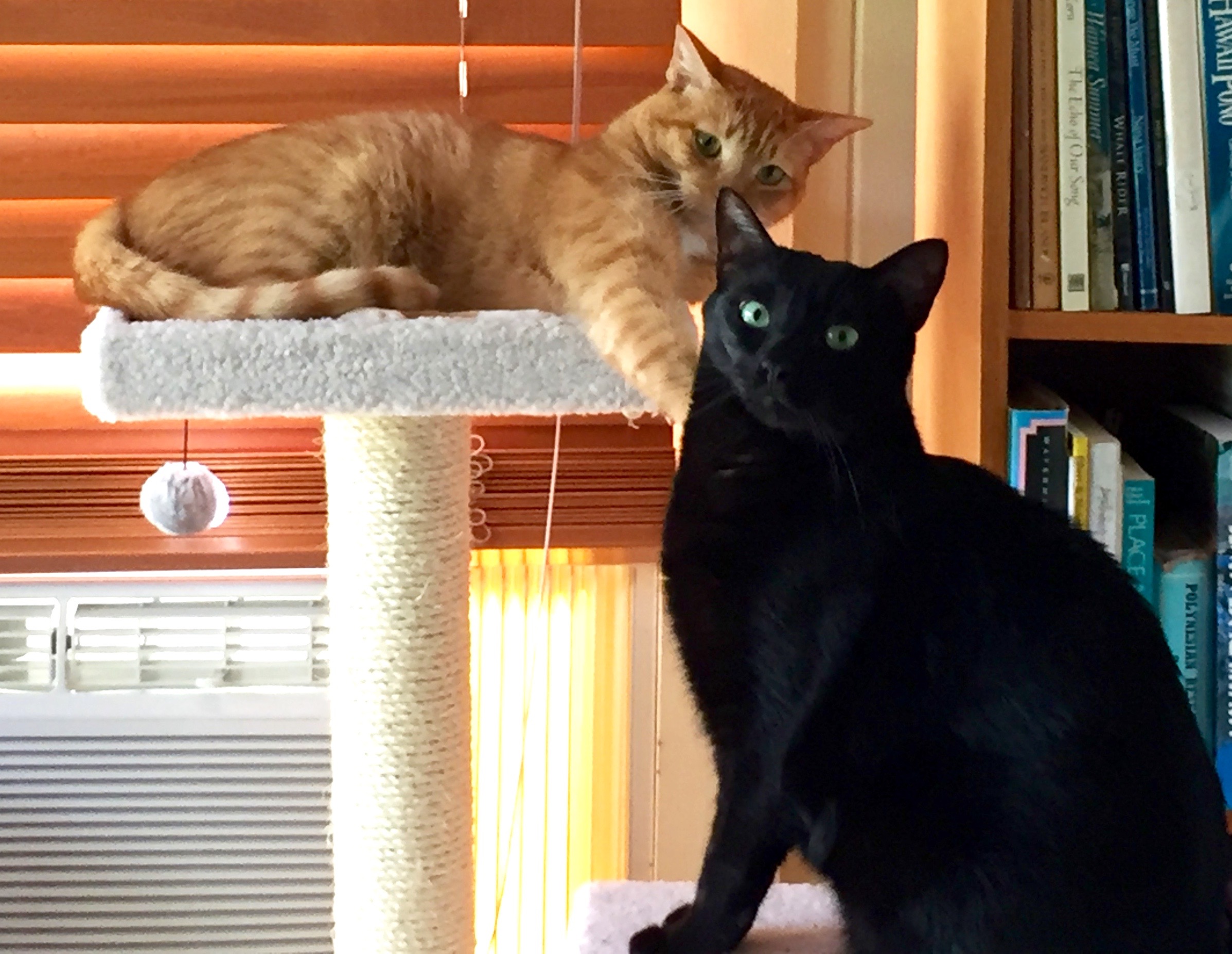Victory at sea, “438 Days”
I started this site in 2010 to fulfill a new year’s resolution I made to do at least three creative things that year. I started a window box vegetable garden and got my first kitten, which I counted as my other two most notable creative ventures for the year. Six years later, I still have a window box garden – kind of, although I’ve discovered it’s more efficient to shop at farmers’ markets. I don’t have the same kitty cat but I do have two others who are now two and three years old. And finally, I still have this website, which, despite not posting very many blogs over the years, I decided is worth keeping. I still like this format that allows for writing longer observations and thoughts.
I recently finished reading 438 Days, by Jonathan Franklin, a story that made worldwide headlines about a Venezuelan fisherman who survived 438 days floating across the Pacific Ocean from Mexico to the Marshall Islands. As well as being drawn to stories that involve the ocean (usually survival at sea), I am also inspired by what the human spirit can endure and the amazing things it can accomplish.
For spending over a year and two months on the open ocean in a small open boat with not much else to do beside go crazy, this is a story full of drama that never gets boring. The outboard motor had broken, there were no oars, no sail. Pretty much everything that may have been helpful to either propel the boat or be used for survival had washed overboard in the violent storm that prevented rescue after what was to be an overnight routine fishing trip. The open boat was fisherman Salvador Alvarenga’s only protection from the roller coaster of drought conditions and blazing heat to violent storms with winds and huge waves that amazingly never capsized or swamped the boat. Predators smelling food constantly lurked nearby, often bumping the boat in the hope of tipping its human cargo overboard. Alvarenga sometimes had to resort to eating fingernails and his hair to stay alive.
Alvarenga was clearly a very special guy. Even though his life up to that point had been nothing remarkable – a “party boy”, as he calls himself, he had the inner strength, the smarts, and above all, the will to survive when he seemed past the point of hope that he would ever be found.
It was fascinating reading about how the currents carried him across the sea, how the eddies turned him in large circles while providing an abundance of food, how not moving at all in the doldrums became so mentally debilitating. The thought of suicide became an attractive option when food would become scarce and loneliness became overwhelmingly unbearable. Alvarenga discovered God while at sea, in part from his fiercely religious companion who didn’t have enough will to survive. It is hard to imagine how Alvarenga could have endured these 438 days, and I had to keep reminding myself that lived to tell about it so he obviously got through it.
His belief in God became a primary motivating force for Alvarenga to survive. In this way, his story is not unlike others in which belief in a higher power saved them from seemingly impossible predicaments where survival seemed to be neither desirable nor even possible. Who would have guessed that the life of a Venezuelan fisherman living in Mexico would become so significant?
Alvarenga says at the end of the book that much as he didn’t like having to relive his time at sea in order to tell his story, he was compelled to tell it. He does not consider himself a hero, rather his motive was to inspire others who are in situations where they have lost hope. Inspiration can come from many sources, and this is certainly one of them. Mahalo for that.


